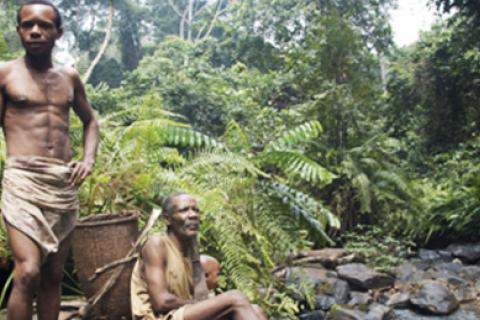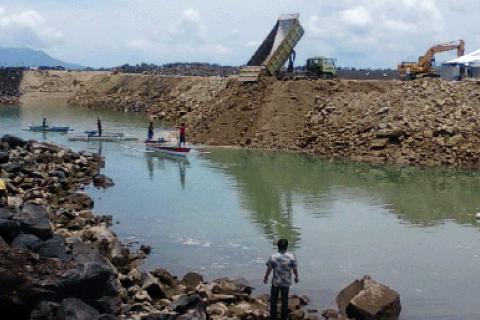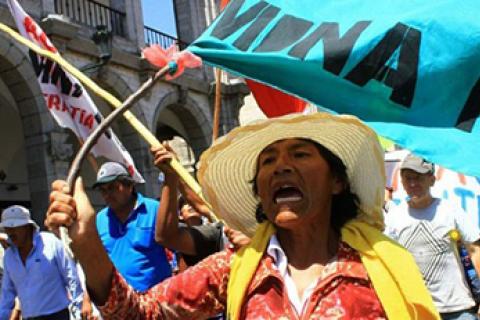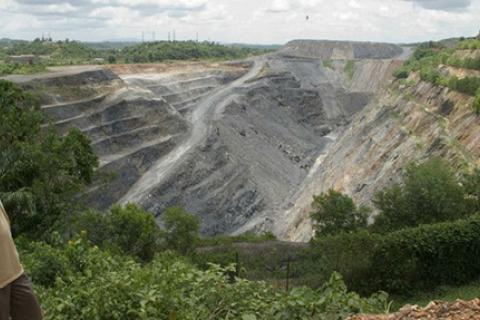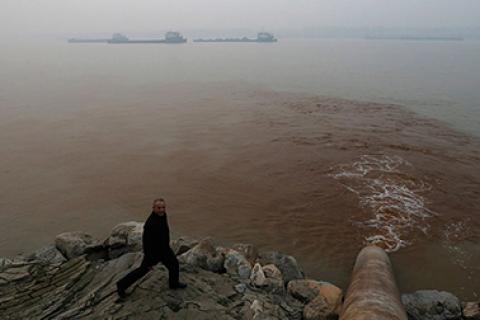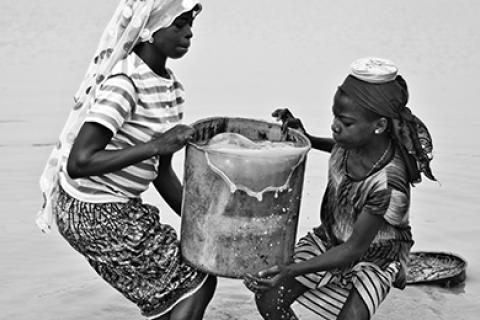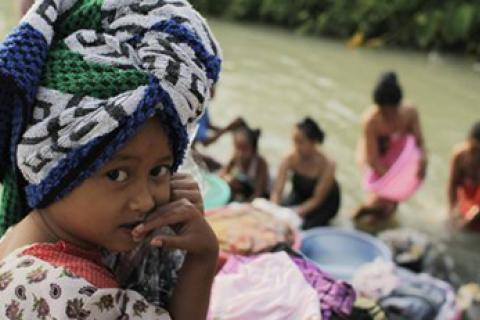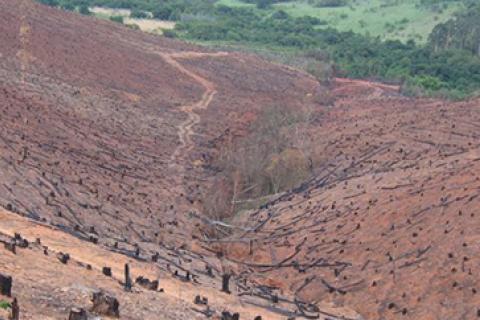Bulletin articles
It’s no news that extractive projects throughout Latin America have imposed a model of extraction and export that reaches ever deeper. The race for attracting investments from the mining, oil, forestry and fishery industries is a feature of most countries in the region. However, the extractive industry sparks increasingly strong criticism and resistance from several sectors of society, including academia, human rights organizations and social movements.
Currently, the mining sector is one of the main engines of the world´s economic system. In several countries, expropriation cases from native populations are recurrent, including loss of territory, disintegration of community solidarity bonds, pollution of territories and water sources, exploitation of workers, and criminalization of groups who dare to withstand large corporations.
Behind many appealing products in the supermarkets of major urban centers in the world, there are countless silenced stories. Behind the good-looking "green label" certification, the content of products and the large amount of paper wrap, there's a story to tell about consumption and water pollution.
The economic model of over-production and consumption directly affects the access of local populations to drinking water as well as their livelihoods. Water, essential to life and considered “sacred” by many traditional peoples, is seized from the territories.
The idea of water as a “resource” keeps us far away from conceiving the whole: the living cycles.
People in Indonesia, particularly in the Banten province, on the island of Java, demand that the government enforce the law and restore river catchment areas (watersheds or river basins) after years of water contamination of the Ciujung river. The contamination is caused by Asia Pulp and Paper, one of the main pulp and paper company active in Indonesia, releasing waste into the river.
Vast volumes of water are being misappropriated by “silent” thieves that operate 24 hours a day, 365 days a year. Corporations setting up monoculture plantations are the culprits, but, how can planted trees behave so differently from natural forests?
